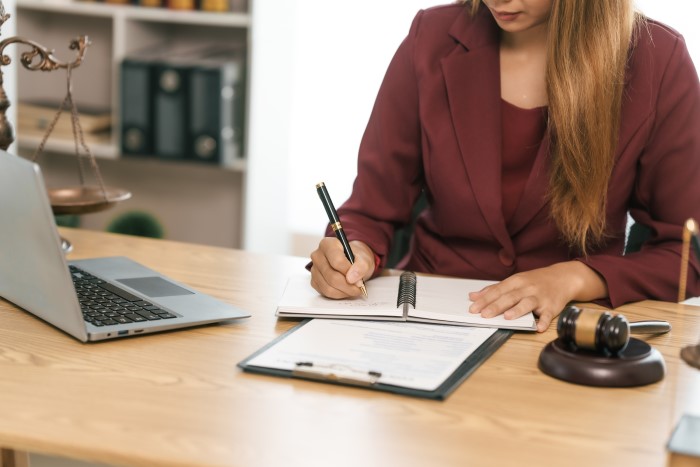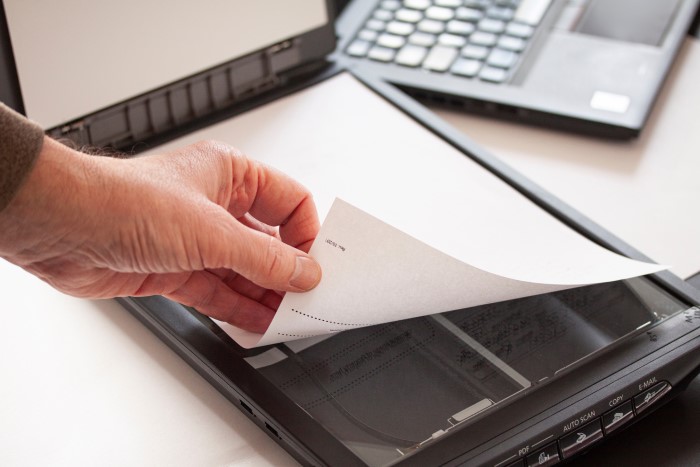The legal system is like an intricate machinery. It needs evidence for it to work. Improper evidence collection weakens, if not crumbles, a legal argument. Just like how a flawed foundation compromises a structure’s integrity, right? That makes evidence collection an essential skill for legal professionals. Indeed, an art they should master.
In England and Wales, 7,316 cases collapsed pre-trial between September 2021 and 2022. That’s due to, you guessed it right, lost or unavailable evidence.
Curious how you can start collecting and maintaining evidence properly? Below are key techniques and considerations to keep in mind. Read on if you’re ready to discover how you can ensure the integrity of your cases from the beginning!
Pre-collection considerations
Evidence collection requires legal understanding and meticulous planning. So, before you embark on this process, establish a firm foundation on the following:
Legally recognized evidence:
This area encompasses weapons, fingerprints, and other tangible objects known as physical evidence. Witness statements or testimonial evidence are also crucial.
Don’t forget about documentary evidence, too. They include written records like contracts or even electronic data like emails. Legal document scanners are a good idea for protecting this type of evidence. Such tools create digital copies of relevant paperwork.
It’s also important to note that you can’t expect every piece of evidence to automatically find its way into the court. There’s the concept of admissibility and understanding it is paramount. The court determines admissibility based on factors like relevance and authenticity. The chain of custody also plays a role here.
Laws governing evidence collection:
Legal professionals can’t just collect evidence anytime and anywhere they like. In specific situations, a search warrant is needed.
And as already mentioned, there’s also the need to maintain a meticulous chain of custody. It’s about ensuring no one tampered with the evidence.
Those are just some of the relevant laws governing evidence collection.
When navigating the complexities of evidence collection, you’d want your findings to hold weight in court. Thus, the need to equip yourself with the legal understanding discussed above.

Collection techniques for various evidence types
With the required solid legal foundation established, legal professionals must learn the collection techniques tailored to each evidence category next.
Physical evidence
Let’s start with physical evidence. Note that proper handling is crucial here. So, wear gloves when handling evidence to avoid contamination. Of course, use appropriate collection tools, too. For instance, sterile swabs and collection kits are a must for blood, saliva, or even hair samples.
Also, since you’re dealing with tangible items, meticulously document the evidence’s journey from collection to analysis. Don’t forget to photograph or take a video of everything, especially when you’re dealing with a personal injury case!
Digital evidence
Next is digital evidence. In today’s digital age, it’s a factor in 90% of criminal cases, according to a 2023 survey report. What legal professionals must do is create a complete and unalterable copy of evidence found in electronic devices. Analysis should also be made on duplicates to prevent original data damage or loss.
Witness testimony
Lawyers don’t actually ‘collect’ witness statements. Still, preparation is key. Come to the interview with the right questions, and remember that gathering relevant and accurate information is the priority.
Note that there are ethical considerations when it comes to conducting witness interviews. Treat them with respect by avoiding coercion. Even just asking leading questions is a no.
These techniques ensure the integrity of evidence. Clean evidence is effective evidence, which translates to a stronger case in the courtroom!
Ethical integrity as a cornerstone of evidence collection
We’ve mentioned ethical considerations earlier. And it’s important to emphasize it here.
Evidence collection isn’t all about technical expertise. It’s also important to respect the rights of everyone involved.
Be wary of potential ethical pitfalls, such as coercing witnesses to provide the statements you want to hear from them. Don’t think about altering evidence in any way, too. Such actions can have severe consequences. They can even lead to dismissed cases, not to mention they also undermine the legal process.
Your duty as a lawyer is to pursue justice. It means adhering to professional standards and legal guidelines all the time.
Takeaway
There are already 3,000 cases that resulted in wrongful convictions in the United States as of 2023 due to faulty evidence. Mastering evidence collection helps lawyers contribute to a fair and just legal system. It’s about helping not only yourself or your clients but healing the justice landscape itself.
Be the justice superhero you’ve been prepared for. Fight for those who deserve help. No ifs and buts.



